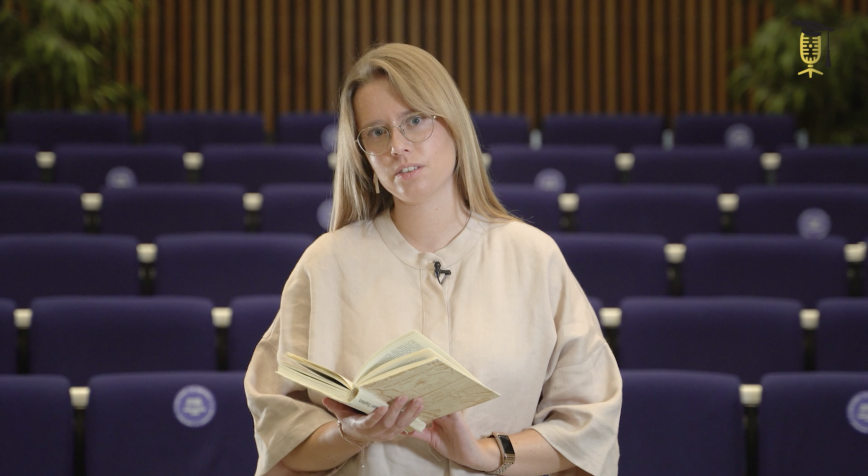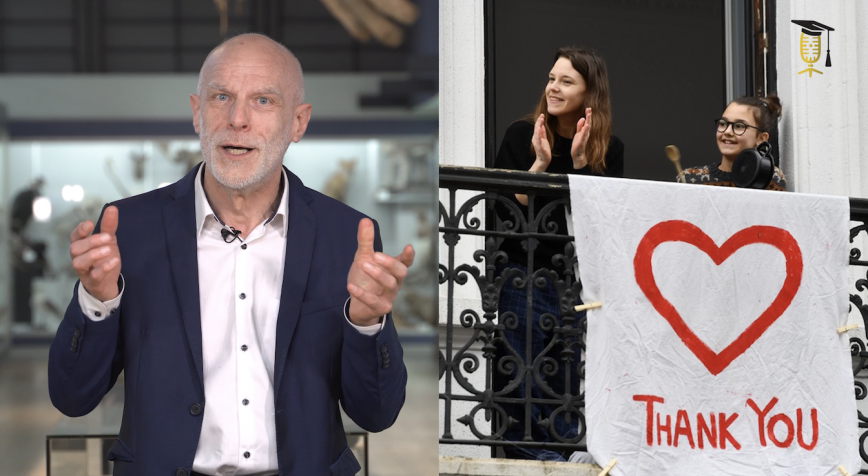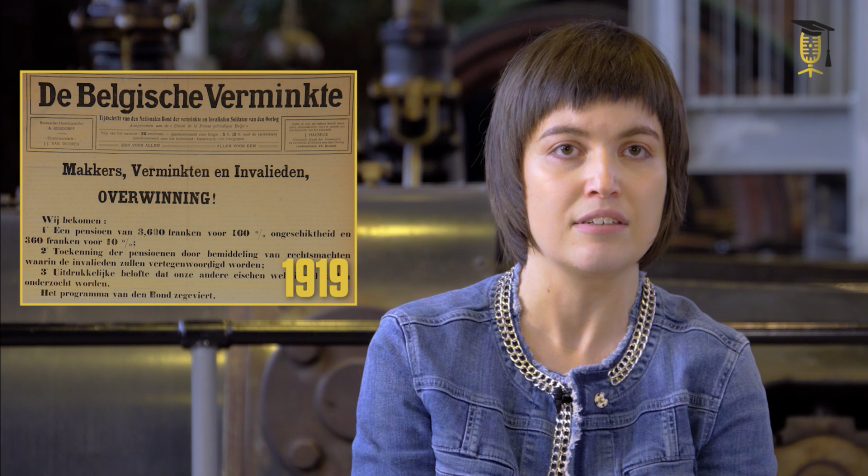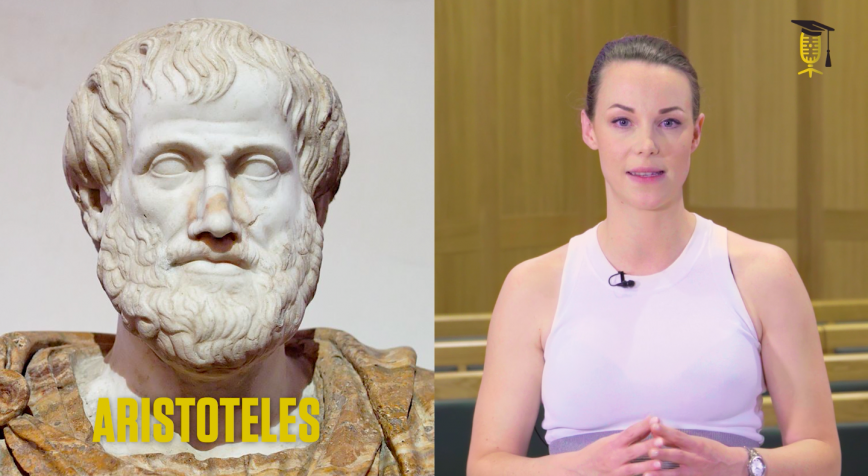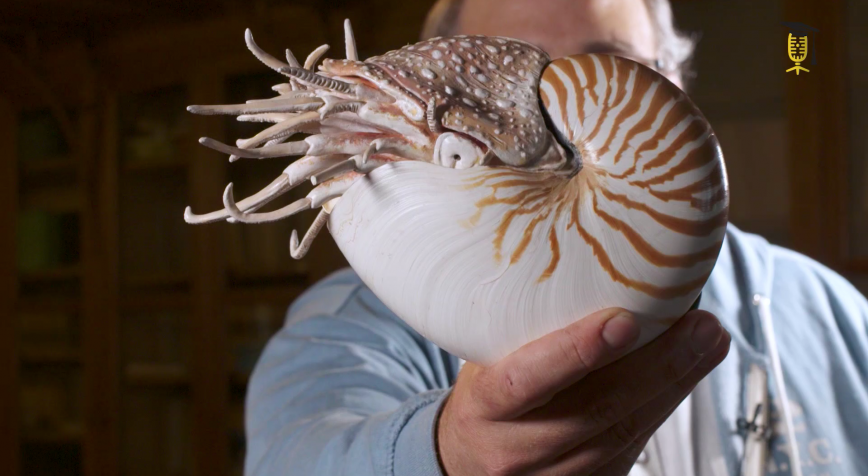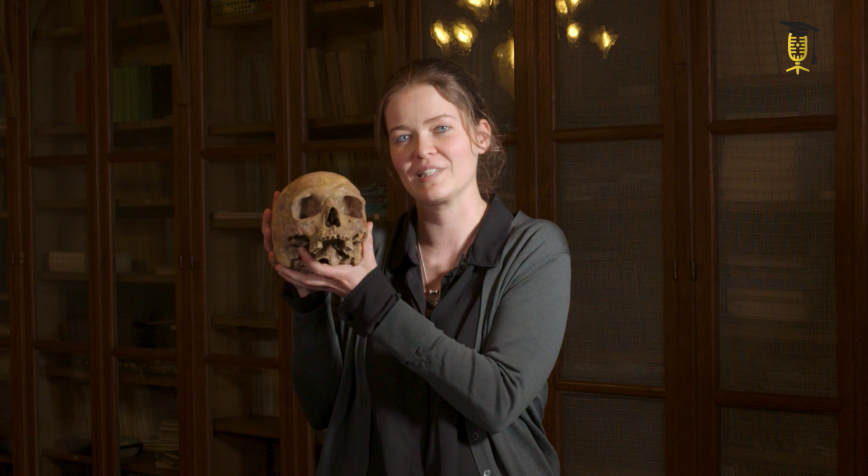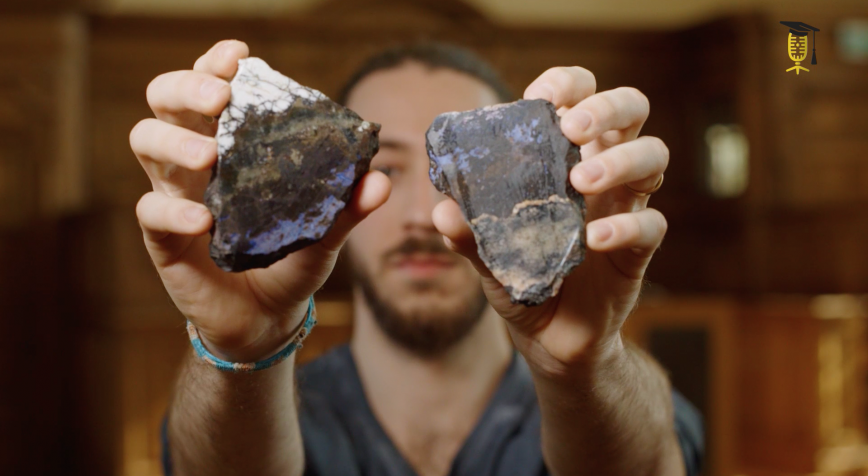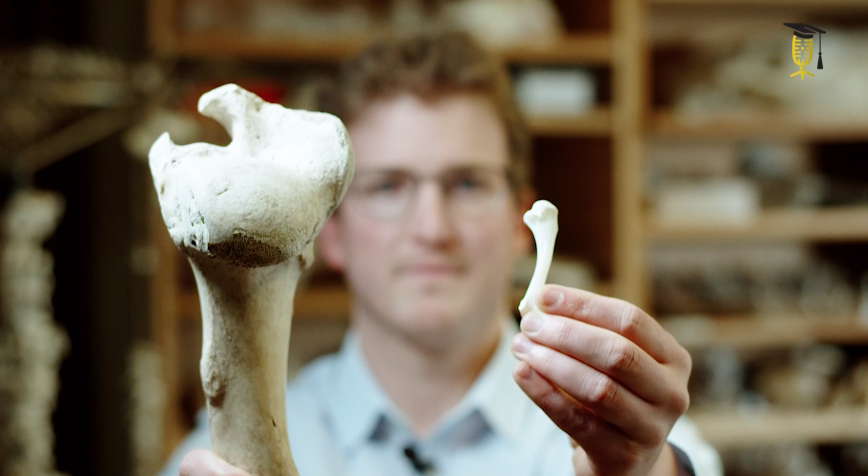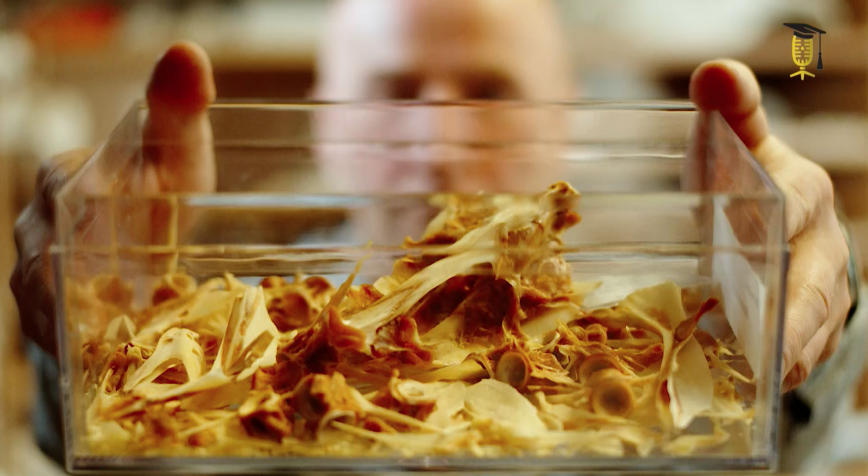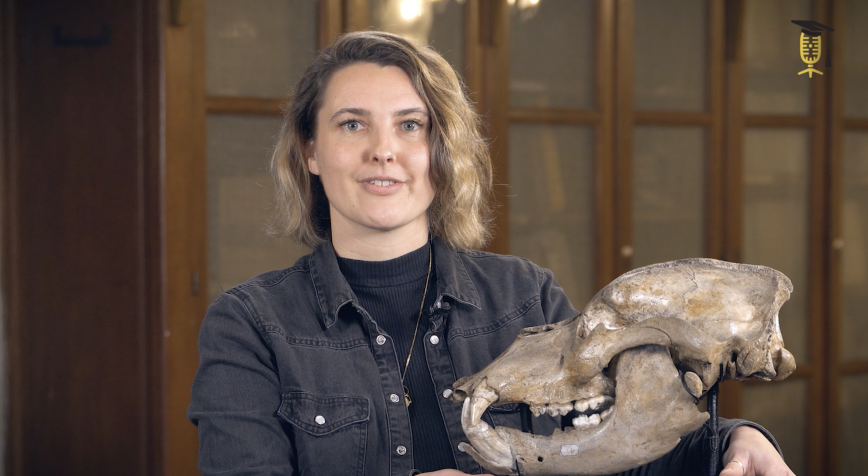
KBIN
The large predators of the Ice Age
Meet Elodie-Laure Jimenez (RBINS - University of Aberdeen). As a zooarchaeologist, her job is to study prehistoric predators and their life during the last Ice Age. The only way to understand what happened to these extinct species is to study the fossils that have survived the test of time. In Belgium, this led Elodie-Laure to identify a den where hundreds of cave hyena cubs died shortly after birth. Find out more about her fascinating research in the video.
